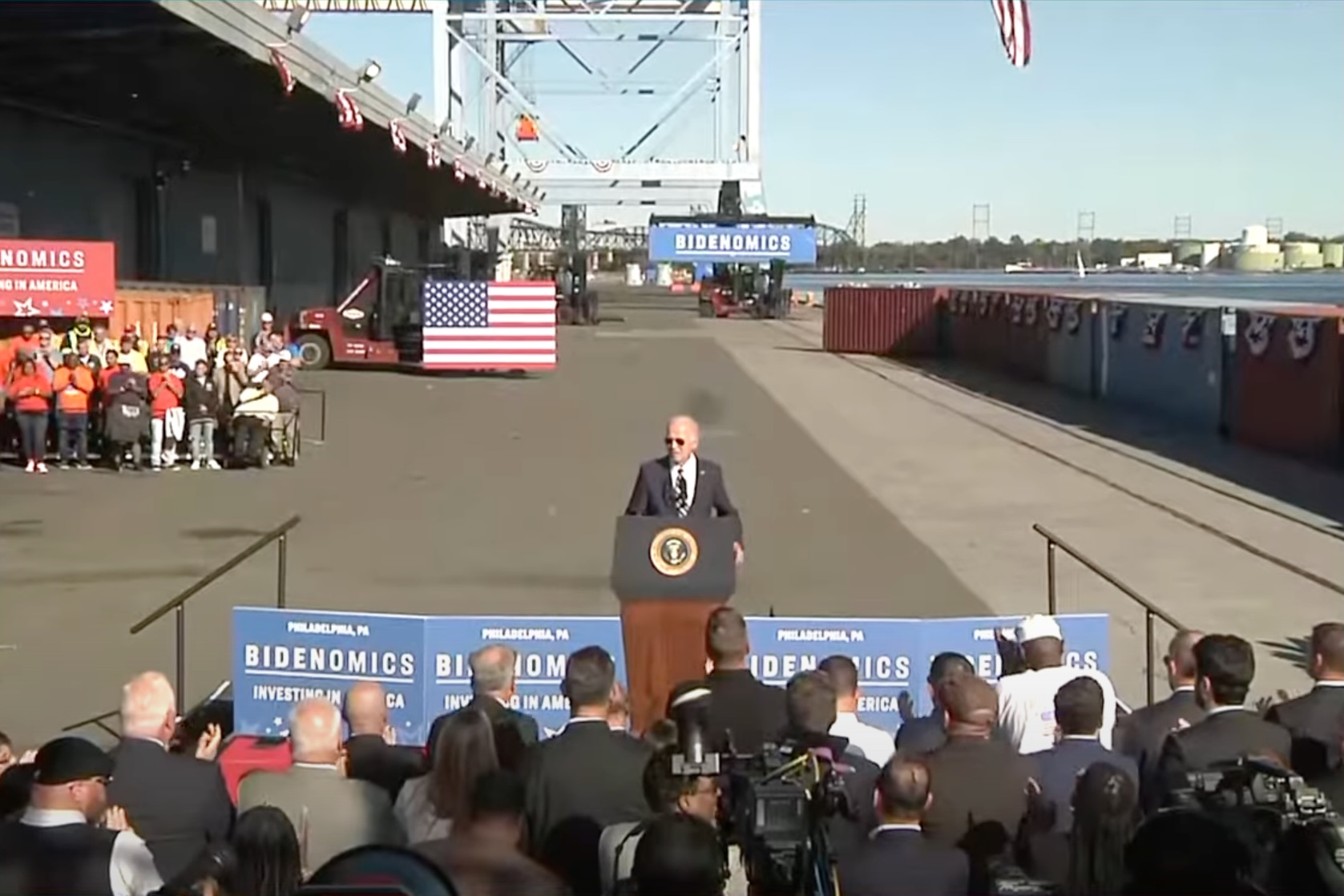Biden's Hydrogen Hubs and the Battle for Clean Energy Innovation
Key Ideas
- President Biden's $7 billion plan for hydrogen hubs aims to stimulate private investment and reduce carbon emissions in industries like steel and cement.
- The Inflation Reduction Act provides tax incentives for clean hydrogen production, but potential political shifts could impact its funding and implementation.
- Despite opposition from some Republicans, the bipartisan support for hydrogen as a clean energy solution may ensure the continuation of these projects.
- The focus on hydrogen as an energy solution also faces challenges from the oil and gas industry, which might influence future energy policy decisions.
In October, President Biden announced the funding of seven clean hydrogen hubs across the United States to lower carbon emissions in heavy industries like steel and cement. Hydrogen is seen as a key element in reducing the carbon footprint of industries that struggle with alternatives like electricity and batteries. The hubs aim to produce clean hydrogen either through renewable sources or with carbon capture technologies. The Inflation Reduction Act, part of Biden's climate law, provides tax incentives for companies investing in clean hydrogen, potentially amounting to $34 billion over the next decade. However, political shifts, especially if Donald Trump regains power, could jeopardize these investments. Despite Trump's skepticism towards climate change initiatives, bipartisan support for hydrogen may prevent a complete rollback of clean energy projects. The discussion also includes the possible impacts on renewable energy and electric vehicle subsidies under a Trump administration. The article highlights the importance of bipartisan cooperation in advancing clean energy solutions and the challenges posed by the oil and gas industry's interests in the energy sector.
